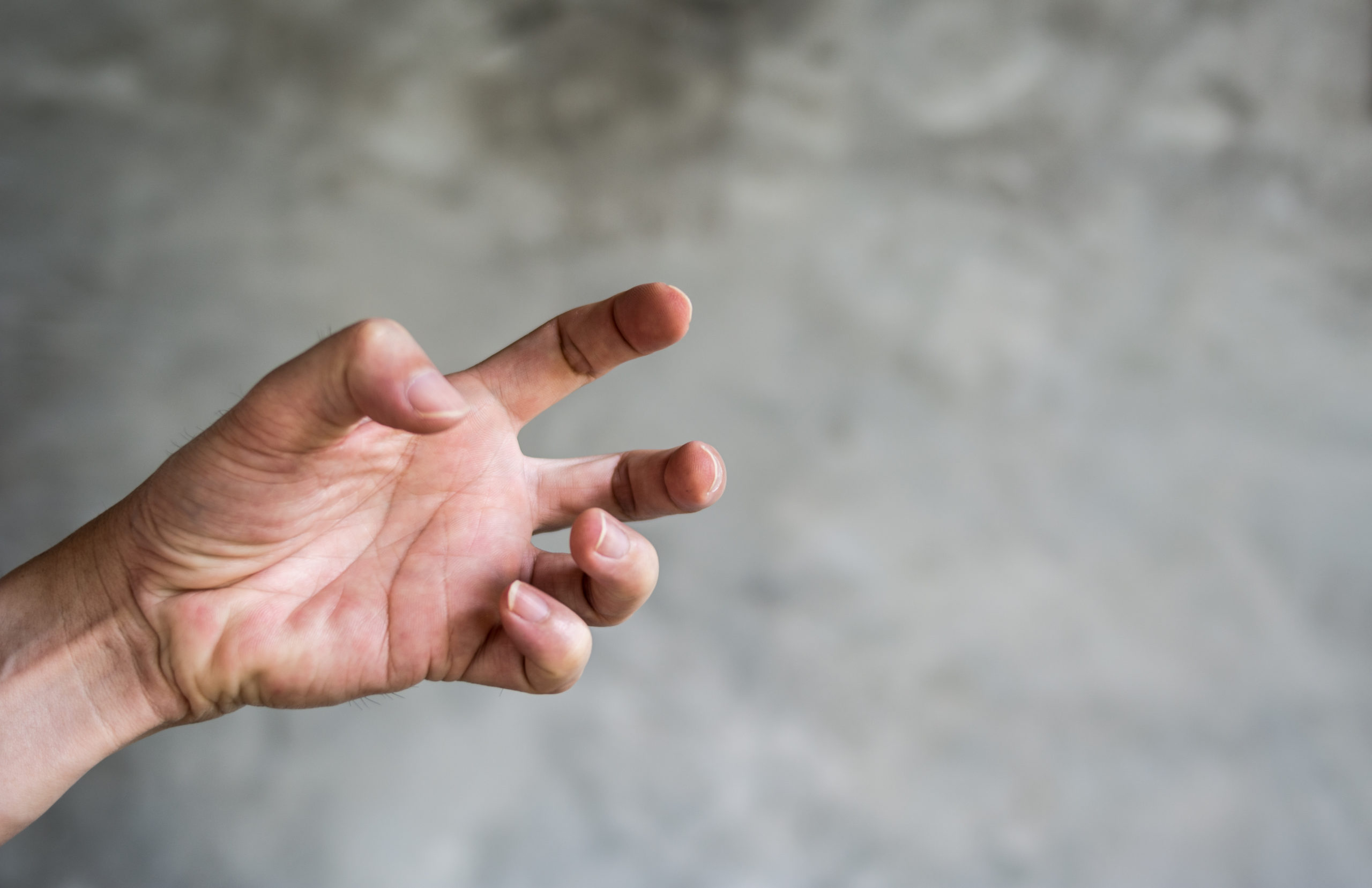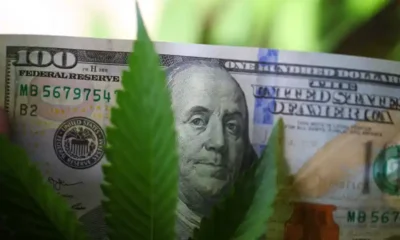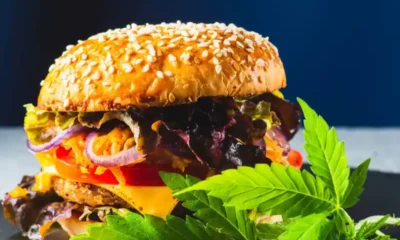Connect with us
Published
2 years agoon

Medical cannabis is proving to be a force in aiding a number of difficult-to-treat conditions, and dystonia may be one of them, according to new research. Dystonia is a neurological movement disorder, often causing involuntary, painful muscle contractions and repetitive movements, affecting approximately 50,000 in Canada and 250,000 in the U.S.
The Israel-based research, “A real-life study of Medical Cannabis effect on adults with dystonia” was presented at the International Congress of Parkinson’s Disease and Movement Disorders Society (MDS) Virtual Congress, featuring 12 patients with dystonia of all types (primary, secondary, focal, segmental and generalized). Every patient has a medical cannabis license and was interviewed about the efficacy of its treatment and side effects.
Patients whose dystonia symptoms begin under the age of 21 are more likely to experience it throughout their whole body, and dystonia tends to begin in the upper body for patients whose dystonia begins following the age of 21. The patients’ mean age for the study is 54, with three patients suffering from focal dystonia, seven patients from generalized dystonia and two patients from hemi-dystonia.
The patients had used medical cannabis for just under three years, with an average dose of 34 grams a month, split evenly between smoking and vaporizing and those using cannabis oil, with 16 percent consuming cannabis both ways. The medical cannabis on average was about a 1:1 THC:CBD ratio, with 11.63 percent THC and 9.44 percent CBD.
Researchers used a 1-5 Likert scale to judge efficacy, with patients reporting a total global impression of 3.16 of 5 possible points. Patients reported 3.67 out of 5 for medical cannabis’ efficacy treating symptoms of pain, while nine of 12 participants reported improved sleep.Five patients had psychiatric side effects, with three suffering from anxiety (one with hallucinations) and two from mood worsening (one with suicidal thoughts). Following treatment modifications, the side effects resolved in four patients, with one patient stopping treatment due to inefficacy.
The research concludes noting that medical cannabis does seem to mitigate dystonic muscle activity and associated pain, though the psychiatric effects of medical cannabis need to be monitored, calling for a larger study to further investigate medical cannabis treatment, the mechanism of action, dosing and the best THC:CBD ratio for treating dystonia.
A 2015 paper, “Cannabis in the Treatment of Dystonia, Dyskinesias, and Tics,” from the journal Neurotherapeutics reviews clinical research on cannabis as medical treatment for a variety of neurological conditions. It references a number of studies, describing improvement among patients with torticollis in 1981, a patient with central pain and dystonia in 2002 and a patient with dystonia due to Wilson’s disease in 2005 after smoking cannabis.
Additionally, it notes a 2002 study with a synthetic version of Delta-9 THC, which didn’t have immediate effects, though 20 percent of patients reported feeling better days after. Though, as demonstrated by the Toronto Western Hospital Spasmodic Torticollis Rating Scale in a three-week treatment trial, dronabinol, another form of Delta-9 THC, did not improve symptoms of cervical dystonia.
Another more recent 2013 study published in Neurology looked at a 38-year-old musician with dystonia who began treatment with 5mg of THC oil. The pianist had stopped playing prior to treatment and didn’t respond to standard medications. After two hours of consuming THC, the patient was “able to play technically demanding literature, which had not been possible before treatment,” according to researchers.
“The results provide evidence that … THC intake … significantly improves [symptoms of] … focal dystonia,” investigators said.
The Neurotherapeutics paper concludes that clinical studies in this area can be challenging, though there is a “clear role for cannabis products in symptom management for these difficult conditions.”
They note the observations surrounding cannabis and dystonia through history show that there is a direct effect of cannabis in various formulations in some conditions, especially hyperkinetic symptoms,” but researchers similarly conclude that larger studies will prove the “promising role for this class of drug in the therapy of dyskinesias, tics, and possibly dystonia.”


You Don’t Understand the Difference Between Decriminalizing and Legalizing, Do You?


North Dakota Committee Files Ballot Measure To Legalize Adult-Use Cannabis


California County Mulls Reduction To Cannabis Cultivation Tax


Cheech and Chong Become Newest Operators in Call of Duty


Manage Your Munchies: This Year’s Top 420 Meal Deals


New York Cannabis Control Board Approves 101 New Adult-Use Licenses
